Backing an e-commerce website with the latest, robust, and infallible technologies becomes crucial in today’s data breaching and hacking world. This blog lists the top e-commerce development technologies to help you build a user-friendly, scalable, and highly secure e-commerce store.
With consumers increasingly relying on online shopping — it is estimated that 95% of purchases will be made online by 2040. Per Statista, in 2020, e-commerce sales amounted to $4.28 trillion, projected to grow to $6.4 trillion by 2024.
The e-commerce industry is booming unprecedentedly. Online shopping has indeed become one of the most popular online activities worldwide.
Consequently, you (as an e-commerce business owner) need a powerful and persuasive e-commerce website supported by top-notch e-commerce technologies to excel in this competitive market.
Yes, choosing the best technology to develop an e-commerce website seems troublesome because a slight mishit can result in lost revenues. Therefore, it becomes more critical to pick the right and best-suited e-commerce website technology stack to achieve next-level height in the online store industry.
But how would you do that? Especially when there is a wide range of e-commerce development technologies out there to choose from. Don’t fret! That’s where we (as a custom e-commerce web development company) come in.
Depending on the complexity of your e-commerce store and budget, time, and various other considerable things, you can choose the right e-commerce website technology stack for your e-commerce business.
So without much delay, let’s uncover the best technology to develop e-commerce websites, including e-commerce platforms (CMS), front-end, back-end tools, and top e-commerce programming languages, and see how all these can help you develop a successful e-commerce site.
7 “Best in Class” E-Commerce Website Development Technologies You Should Know About
Java
Being an object-oriented, general-purpose programming language, Java is preferred by many developers due to its ability to run on all platforms. This language is robust and highly secure, ensuring the high performance of your online store. Java has several frameworks for various development purposes. However, for e-commerce store development, Spring is well-known. It allows developers to build robust and complex e-commerce sites seamlessly.
JavaScript
JavaScript is the widely popular front-end programming language known for adding interactivity into static HTML pages. It contains coding and texts and is beneficial to develop e-commerce websites as it is easily embedded in the code in HTML. JavaScript handles both front-end and back-end development efficiently. JavaScript helps developers to validate user data on the client-side, create dynamic interfaces, add drag-and-drop components, sliders, and more.
Ruby on Rails
Ruby is a high-level language and cost-saving technology that is used to build intuitive e-commerce sites. “Rails” is a framework built using Ruby. Therefore, Ruby on Rails is one of the best choices for building an e-commerce website. It is highly adopted when customization is your priority. Cost-efficiency, rapid development, large ecosystem, security, reliability, and scalability are some of the top features of Ruby on Rails.
Python
Python is an interpreted, object-oriented programming language with simple syntax. This language supports code modularity, allowing users to reuse it multiple times along the development process. The Django framework is used alongside Python for e-commerce solutions, offering a high-security level for back-end development. It is simple, fast, and scalable, ideal for e-commerce development.
Node.js
Node.js is an open-source e-commerce website technology stack that allows you to build front-end and back-end solutions based on JavaScript. Node.js is highly scalable, strives for simplicity, offers high-end performance, and has a large community to resolve issues. Therefore, Node.js is one of the most appropriate e-commerce development technologies you can choose for your online store and delight your customers.
PHP
PHP is mainly a back-end software development language widely used for website development. Being an open-source and general-purpose scripting language, PHP is deemed one of the ideal e-commerce website development technologies. The best thing about PHP language is it is cost-efficient (means ideal for startups), compatible with all devices and on different browsers, highly scalable, and above all, has a range of frameworks that speed up the development, making it more consistent and less buggy.
MEAN
MEAN is probably the best technology to develop e-commerce websites. This tech-stack is a perfect blend for e-commerce development, widely used for building online stores. MEAN is all about MongoDB, Express.js, Angular.js, and Node.js. The MEAN stack is widely famous for creating dynamic e-commerce websites; thus, ensuring maximum output.
7 Best E-Commerce Platforms to Build a Successful E-Commerce Store
WooCommerce – A powerful plugin of WordPress that allows you to turn your normal WordPress site into a sales-driven online store. WooCommerce also offers some exciting paid features and integrating options to streamline the e-commerce functionality.
Shopify – One of the most popular e-commerce platforms that helps you create an online store quickly and easily. Shopify gives you the best customization options with the power to manage the functionality and the layout of your online store.
Magento – Being the most used e-commerce platform, Magento comes with significant benefits and is known for handling complex e-commerce projects. Magento is versatile, mobile-friendly, flexible, cost and time-saving, and sturdy CMS.
Wix – A platform that gives you the freedom to create, design, manage, and develop your online presence exactly the way you want. One of the most easy-to-use e-commerce platforms offering simple alternatives to hassle-free coding development.
Squarespace – An easy-to-use and user-friendly e-commerce platform, letting users build stunning online stores with no coding knowledge. Squarespace offers numerous features and tools for crafting e-commerce websites along with built-in hosting services.
BigCommerce – Being a leading cloud e-commerce platform, BigCommerce is famously known for its low total cost of ownership and highly flexible APIs. It enables your store to integrate out-of-the-box with required solutions in the eCommerce ecosystem.
3DCart – A robust and secure e-commerce software, serving over 22K online businesses today. 3DCart has over 200 built-in features, free themes, offers SEO options, and supports over 100 payment processors.
In Summary
Before you start building your e-commerce store, it’s imperative to look for the best e-commerce development technologies to back your online store and help you sell hassle-free. With multiple e-commerce tools and technologies available out there, it becomes challenging to pick the best(s). That’s where this guide comes in to help you choose the best-suited e-commerce website technology stack and succeed in the e-commerce landscape.
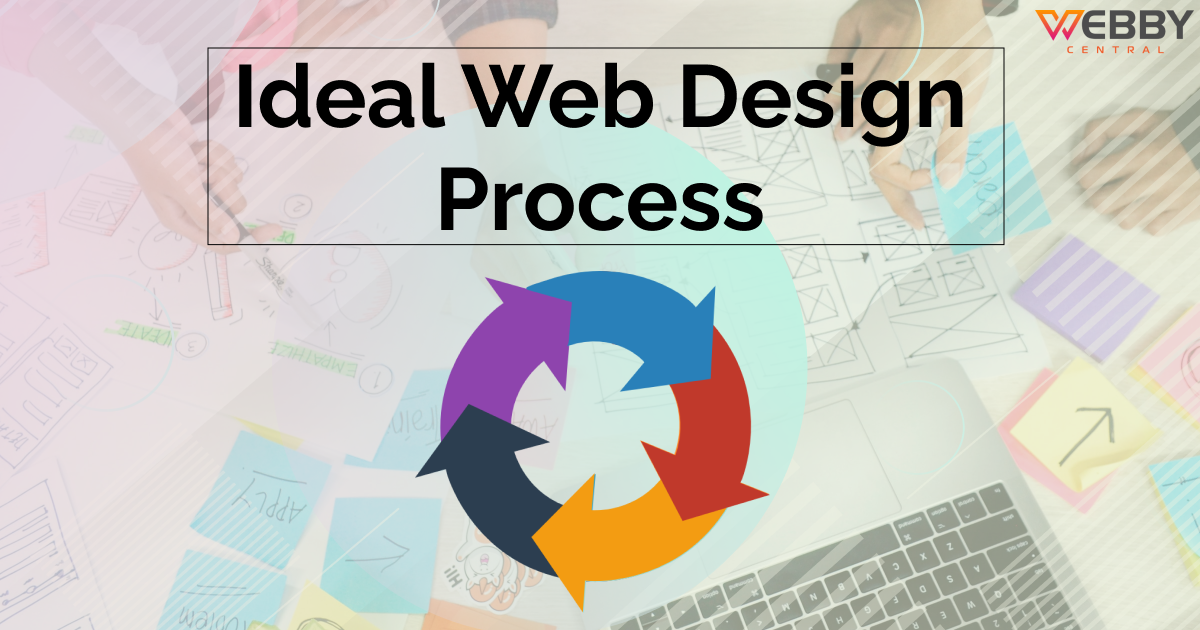
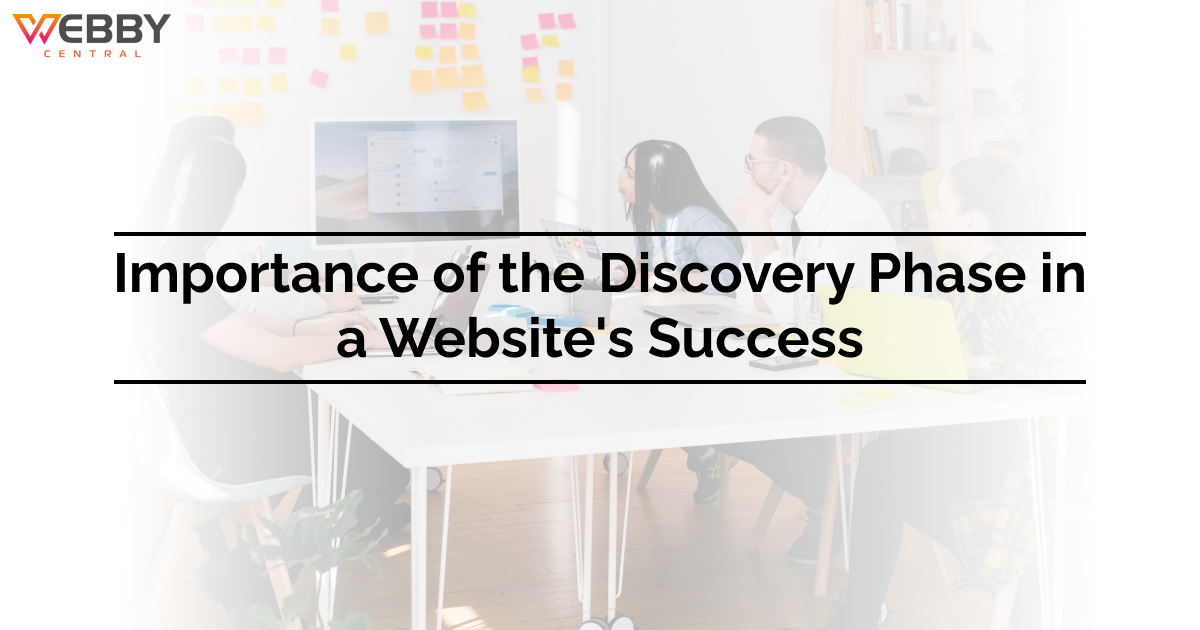

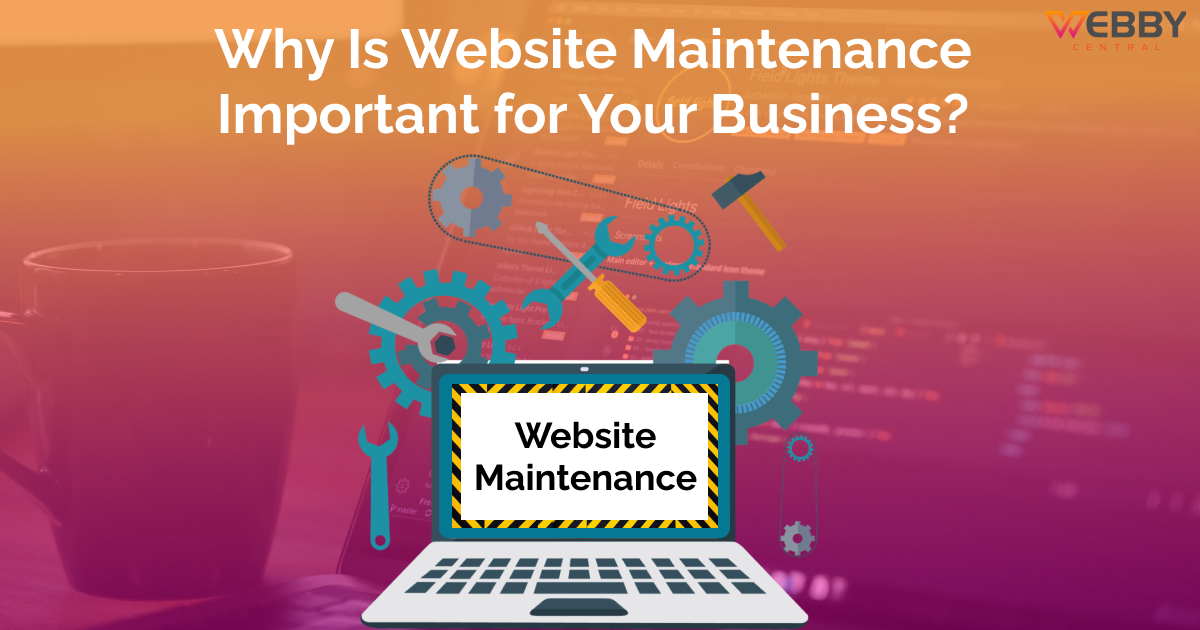
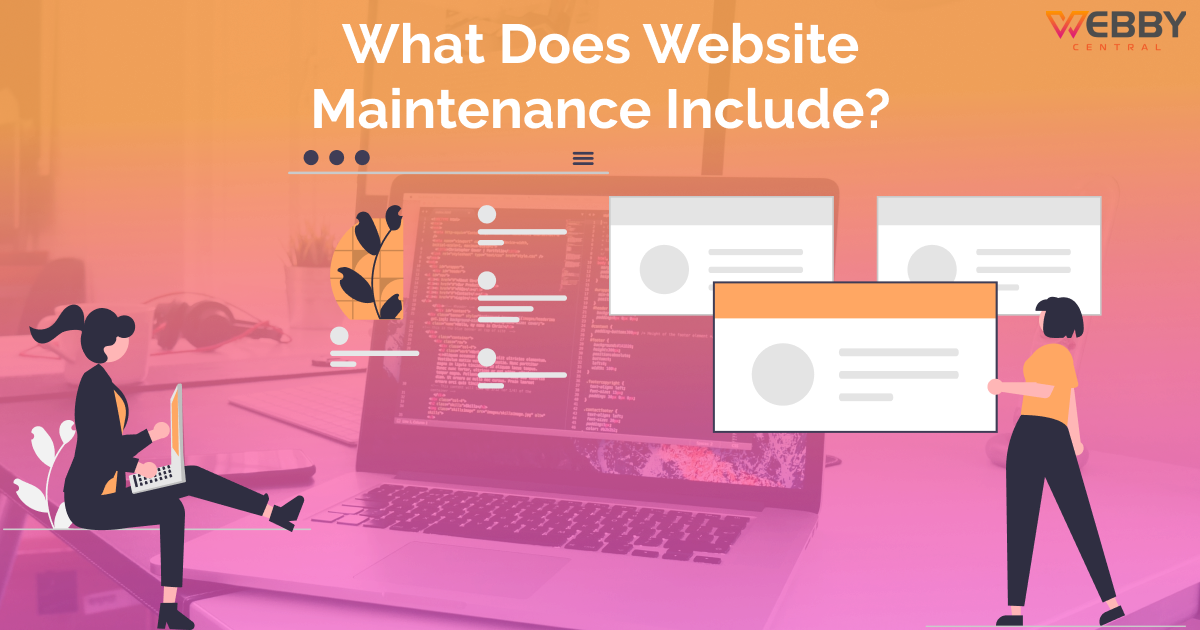
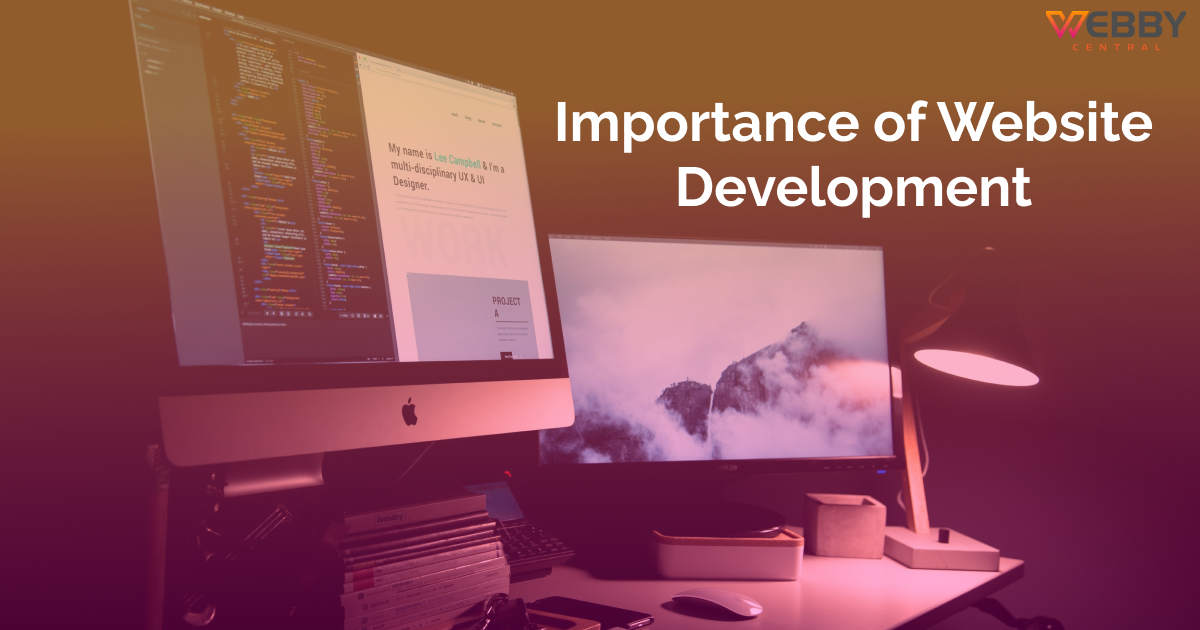
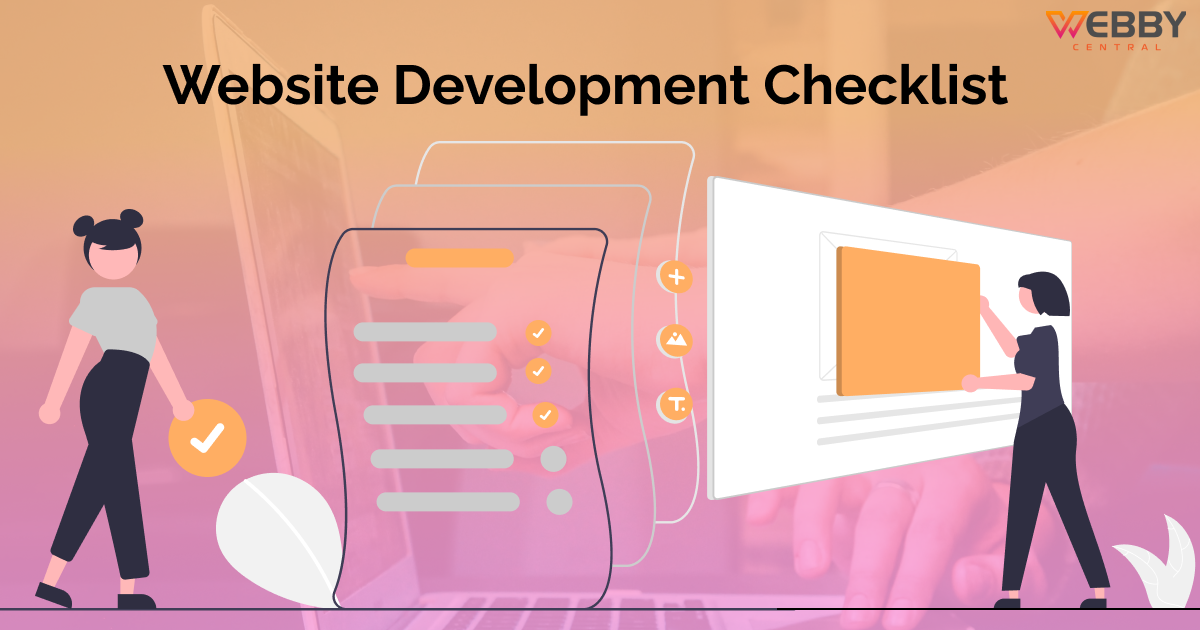
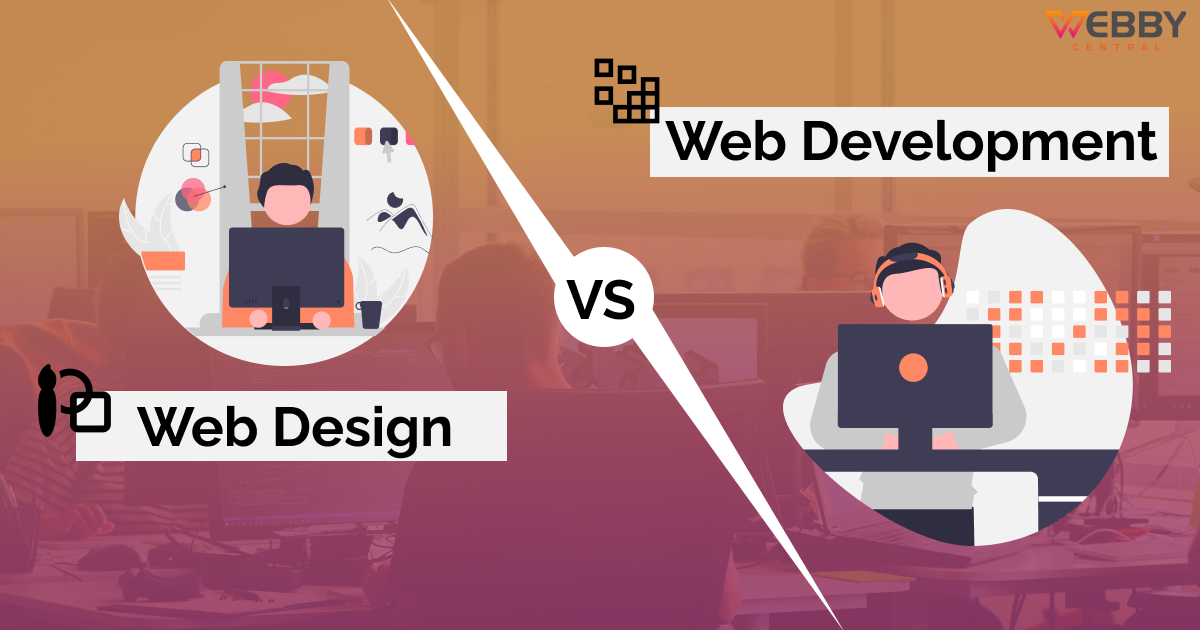


Write A Review